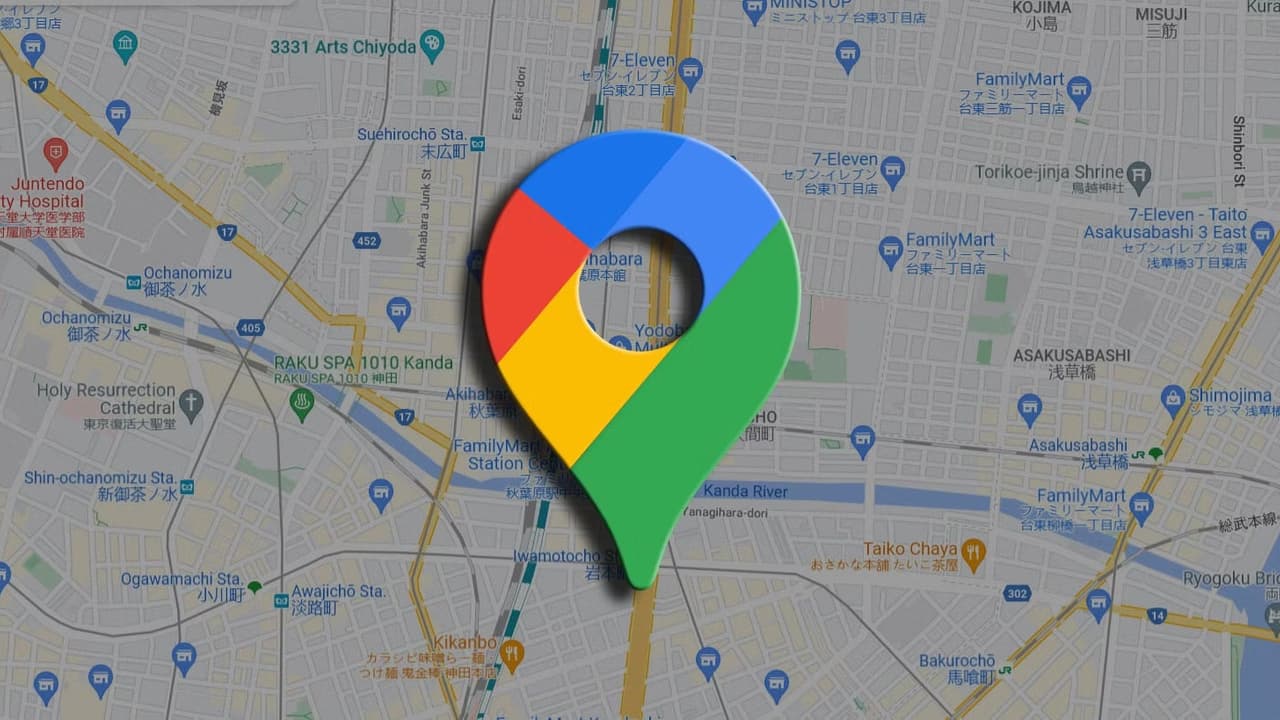Google has agreed to blur sensitive satellite images in South Korea, ending a decades-long dispute and opening doors for wider use of Google Maps in a market long dominated by local players
Google announced on Tuesday that it would comply with the South Korean government’s directive to blur sensitive satellite imagery on its mapping platforms. The move could strengthen the U.S. tech company’s position against domestic navigation services that have long dominated the local market.
South Korea remains one of the rare countries—alongside Russia and China—where Google Maps operates with limited functionality. The restriction stems from South Korea’s law requiring companies to store key geospatial information within the country, a rule Google has resisted for years.
Because of this, homegrown players such as Naver and Kakao have established a near-monopoly in the mapping sector, leaving international visitors struggling with less familiar services.
For the first time, Google publicly confirmed it would meet Seoul’s conditions. “We have already confirmed our commitment with the government to blur satellite images as required and we’ll be exploring acquiring imagery from approved Korean third parties where appropriate,” Google Vice President Cris Turner told reporters.
This decision could mark the end of a nearly 20-year standoff. Google had long argued for access to South Korea’s detailed maps to provide complete driving and walking directions, but the government blocked the export of such data, citing national security.
Turner emphasized that Google would “invest a lot of time and resources” to eliminate coordinates of security-related facilities from its services.
The matter of Google Maps has also surfaced in trade discussions between South Korea and the United States. During talks, Seoul secured a last-minute tariff reduction from then-President Donald Trump, while map data was reported to be one of the most debated issues between the two sides.
The South Korean presidential office clarified that “no additional concession on our part in that area” had been made, even though high-precision mapping remained central to the discussions.
Industry insiders told AFP that negotiations between South Korea and Washington are still ongoing, with the potential export of high-resolution maps continuing to be a key point of debate.
(With Imputs from AFP)
